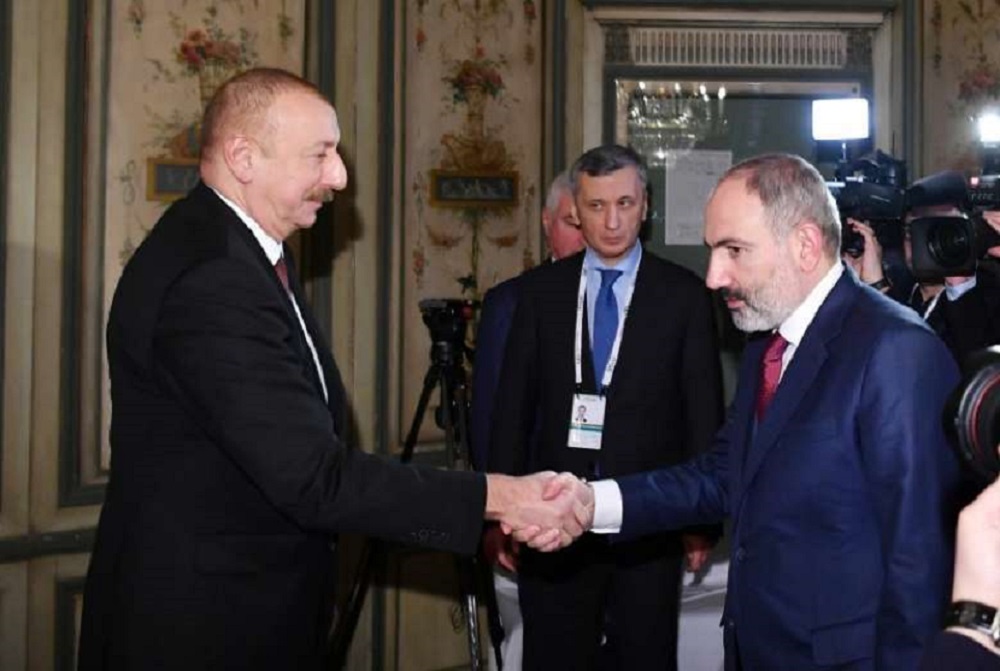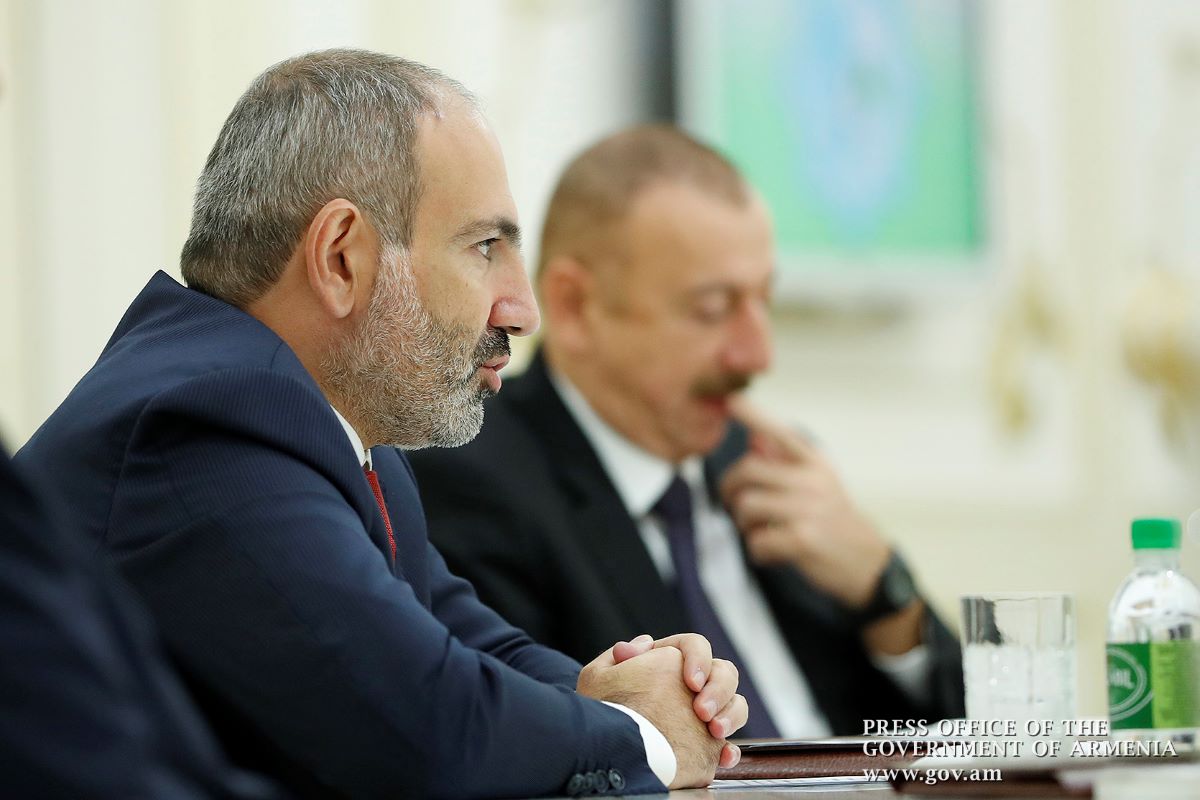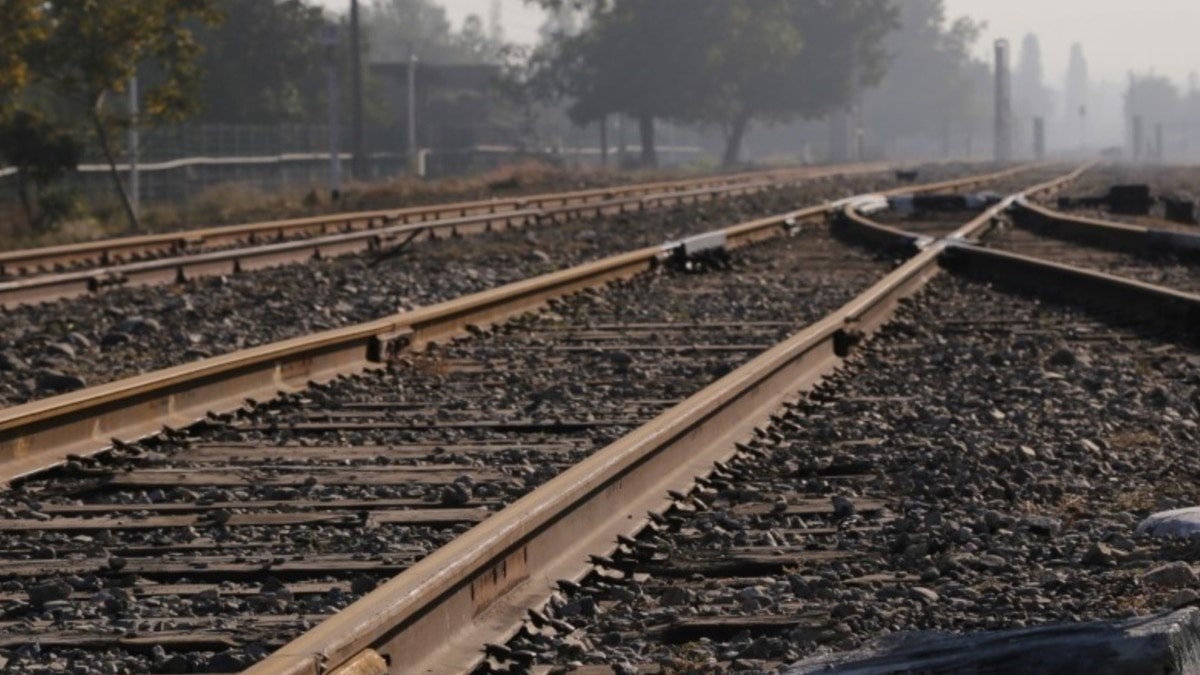"Crossroads of Peace project will increase opportunities for access to the sea" - Pashinyan
Pashinyan on the possibility of access to the sea
A ministerial meeting of landlocked developing countries is taking place in Yerevan. This is one of the largest events ever organized by the Armenian authorities together with the UN. More than 30 delegations are taking part in the discussions on “Promoting Equitable, Accessible and Inclusive Transport for Stable and Sustainable Economies”. The Armenian Foreign Ministry reports that Azerbaijan was also invited but did not respond.
The Armenian Prime Minister presented the “Crossroads of Peace” project to the participants of the meeting. It is his government’s proposal to unblock regional transport. According to Nikol Pashinyan, the project will increase chances, opportunities of access to the sea for both Armenia and Azerbaijan.
Speaking on the role of transport, the prime minister stressed that they are important not only to the transportation of goods and people, but also the establishment of regional stability, security and peace:
“Peace is, first of all, the possibility and existence of economic and cultural ties between peoples. And these ties, obviously, cannot take place without transport.”
The members of the group of landlocked developing countries (LLDC) are Afghanistan, Armenia, Azerbaijan, Bhutan, Kazakhstan, Kyrgyzstan, Laos, Mongolia, Nepal, Tajikistan, Turkmenistan, Uzbekistan. The list is updated every three years. Delegations of transit countries and international organizations also take part in the Yerevan event.
The 32 landlocked developing countries are home to 570 million people
UN Deputy Secretary General and High Representative of landlocked developing countries, Rabab Fatima, said these states face challenges due to their geographic isolation, remoteness from major markets and lack of infrastructure:
“All these systemic problems, vulnerabilities have been exacerbated by the lingering effects of the COVID-19 pandemic, the geopolitical tensions that have arisen, the food crisis, climate change.”
Rabab Fatima says that, on average, landlocked countries spend twice as much on transportation as countries with transit routes. As such, she suggests maximizing the use of digital opportunities:
“Exports of digital services from the countries in the above group have increased by 67 percent since the start of the COVID-19 pandemic, three times the global average. And these states need support to develop digital infrastructure and skills, as well as to implement national legislative regulations.”
“There is an opportunity to reach the sea through Georgia and Iran”
Nikol Pashinyan discussed the possibilities of Armenia’s access to the sea through the territory of Georgia and Iran. He recalled that the borders of Turkey and Azerbaijan have been closed for more than 30 years:
“I consider it very important to announce in this authoritative audience Armenia’s readiness to take concrete and effective steps to unblock transport in our region.”
He emphasized that the Crossroads of the World project will help increase the country’s access to the sea:
“In general, multimodal freight transportation will create more opportunities, and also along the mentioned directions many significant opportunities for pipelines, cables, power lines can open up. The project could have both regional and significant international significance.”
The Prime Minister believes that all this will be possible when relations between Armenia and Azerbaijan are settled. Touching upon the conclusion of the peace treaty, he preferred “not to emphasize pessimistic facts”. Instead, he brought up positive developments, in particular that 32 Armenian prisoners held in Azerbaijan had returned home the previous evening.
“I would like to consider yesterday’s event as a zero point from which we can at least try, make efforts, so that all subsequent news will testify more to the likelihood of signing a peace treaty between Armenia and Azerbaijan, and not vice versa,” Pashinyan said.
“Not to compete, but to complement”
Foreign Minister Ararat Mirzoyan said in his speech that Armenia, as a landlocked country, is extremely interested in using all regional channels and transportation routes, and this should happen in accordance with the norms of international law, respect for the sovereignty and jurisdiction of the states.
The Foreign Minister also explained the essence of the “Crossroads of Peace” project — it is not intended to compete with other regional logistics projects, but to complement existing opportunities:
“Its goal is to connect East and West, North and South, to promote political dialog by strengthening economic and cultural ties and people-to-people contacts, and to achieve comprehensive and stable peace in the region for the benefit of all peoples.”
Follow us – Twitter | Facebook | Instagram
Pashinyan on the possibility of access to the sea





















